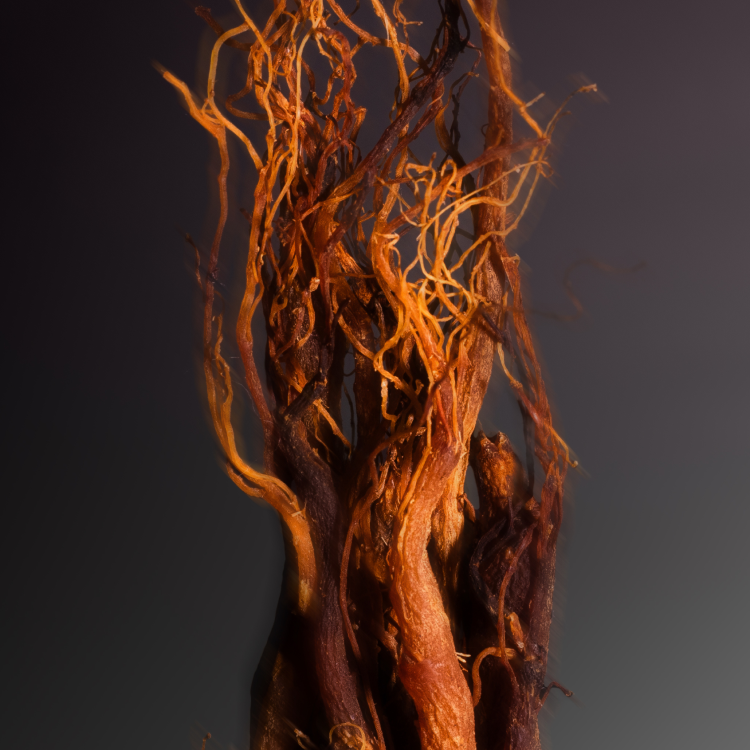

· By Dr. Felice Chan
What is Traditional Chinese Medicine? A Holistic Approach to Health
Traditional Chinese Medicine (TCM) has been around for thousands of years, offering a completely different way of looking at health. Instead of just treating symptoms, TCM focuses on balance—between the body, mind, and nature. It’s all about prevention, harmony, and working with your body’s natural energy to heal from the inside out.
At its core, TCM is built on four main pillars: acupuncture, herbal medicine, food as medicine, and lifestyle practices that promote mindfulness and movement.
1. Acupuncture and the Meridian System
Acupuncture is probably the most well-known part of TCM, but it’s more than just needles. It’s based on the idea that the body has a network of energy pathways called meridians, and when energy (Qi) gets stuck, it can cause pain, stress, and illness.
Acupuncture stimulates specific points along these meridians to unblock energy, improve circulation, and bring the body back into balance. It’s commonly used for pain relief, stress, hormone balance, digestion, and even sleep. The best part? It taps into your body’s natural healing ability without relying on medications.
2. Herbal Medicine
Chinese herbs are powerful plant-based medicines that have been used for generations to treat everything from colds to chronic conditions. Unlike Western medicine, which often focuses on isolated compounds, TCM herbal formulas combine multiple herbs to work together synergistically.
Each herb has its own properties—some are warming, some are cooling, and each targets specific organs and imbalances. Herbs like ginseng boost energy, goji berries nourish the blood and eyes, and licorice harmonizes other herbs in a formula.
Instead of a one-size-fits-all approach, herbal medicine is customized to fit your unique needs. Whether in teas, powders, or tinctures, these herbs help restore balance naturally. At Moonbow, we harness the power of these time-tested botanicals in our products, blending TCM wisdom with modern skincare to nourish your skin from the outside in.
3. Food as Medicine
In TCM, food is not just about calories or nutrition—it’s medicine. The way you eat affects your digestion, energy, and even emotions.
- Eating with the seasons: In the colder months, warming foods like soups, root vegetables, and ginger help keep the body strong. In the summer, cooling foods like watermelon, cucumber, and mint help prevent overheating.
- Food has a temperature: Some foods are warming (like cinnamon and lamb), while others are cooling (like tofu and watermelon). The key is to eat what your body needs based on your constitution and the environment.
- Food targets specific organs: In TCM, different foods support different organs. Walnuts nourish the kidneys and brain, bitter foods like dandelion detox the liver, and pears moisten the lungs.
When you eat with intention, your meals become more than just fuel—they become a way to balance and heal your body.
4. Lifestyle and Mindfulness
TCM is more than just treatments—it’s a way of life. Daily practices help maintain balance, reduce stress, and keep energy flowing smoothly.
- Meditation: Helps calm the mind and regulate emotions.
- Qi Gong and Tai Chi: Gentle movement practices that improve energy flow, flexibility, and relaxation.
- Journaling: A simple way to process emotions, track health patterns, and reflect on daily habits.
- Walking in nature: Spending time outside helps regulate stress and reconnect with the natural world.
Instead of waiting until something goes wrong, TCM encourages small, daily habits to maintain balance and well-being.
TCM teaches that health isn’t just about fixing problems—it’s about creating a lifestyle that supports you from the inside out. By incorporating acupuncture, herbal medicine, food as medicine, and mindfulness into your routine, you’re not just treating symptoms. You’re building a foundation for long-term health and balance.
